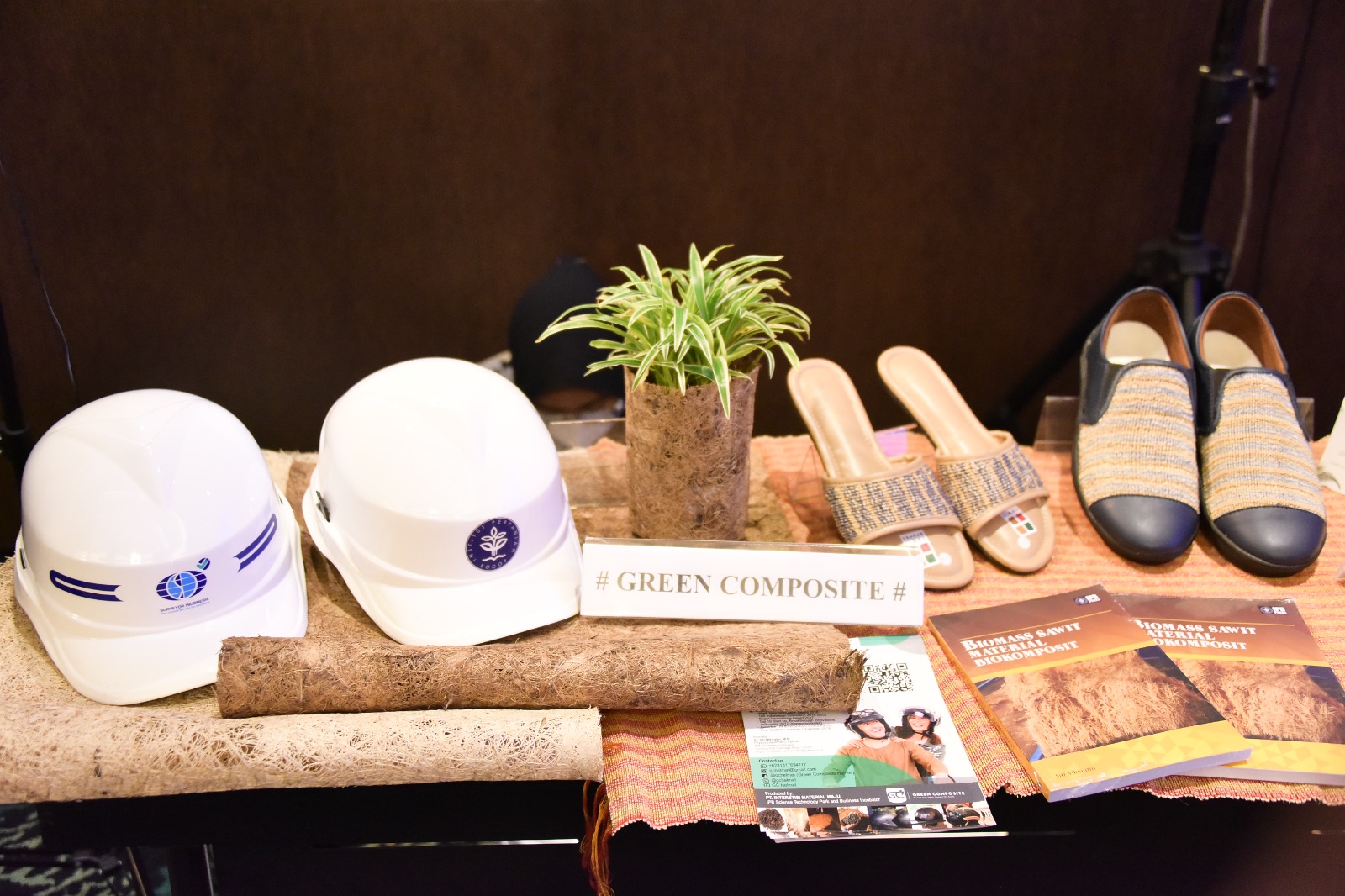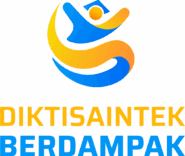IPB’s Green Fashion Sawit (GREEN FAST): Fashion Creation Made from Palm Bunch Waste

IPB’s Green Fashion Sawit (GREEN FAST): Fashion Creation Made from Palm Bunch Waste
Innovator: Dr Siti Nikmatin
Uses:
Can be used as raw material for the fashion industry such as fabrics, clothes, bags, shoes, hats and others. In addition, this innovation can also reduce the number of cotton imports in Indonesia and as an alternative source of other materials that can be used for fashion.
Advantages:
- Has added value and high competitiveness in the economic field
- Made from Empty Palm Oil Bunches (TKKS) waste as an alternative source of local materials
- Increasing the acceleration of local non-cotton organic raw materials, namely palm bio mass in fashion products
- Fashion raw material with retting – drying – miliing method without the use of chemicals
- Has gone through the Indonesian National Standard (SNI) testing standards, namely testing on mechanical, optical and fading properties.
- Palm oil waste products are always available and sustainable, making it suitable for use in the fashion industry
- Reducing palm oil mill waste
Description:
TKKS waste is one of the solid waste by-products of the palm oil production process. During this time, the waste is either collected in the area around the mill, burned or spread on the plantation area as fertiliser.
Oil palm bunch biomass is very abundant, almost 23 per cent of Crude Palm Oil (CPO) production. This has encouraged Dr Siti Nikmatin, a lecturer in the Department of Physics, Faculty of Mathematics and Natural Sciences (FMIPA) IPB University to conduct research on processing TKKS into products of economic value.
The research conducted by Dr Siti Nikmatin was funded by the Palm Oil Fund Management Board (BPDPKS). In order to maximise the use of this TKKS waste production, Dr Siti Nikmatin empowered farmer groups in Wirajaya village, Bogor Regency and the Bandung Pulp and Paper Center (BPPK).
In addition, Dr Siti Nikmatin explained that the potential of this TKKS waste can also be used for wider needs, namely biocomposite fillers, co-firing, biobriquettes, building accessories. According to her, this is one of the challenges in continuing to develop research from upstream to product industrialisation, so that this knowledge has benefits for the community.



